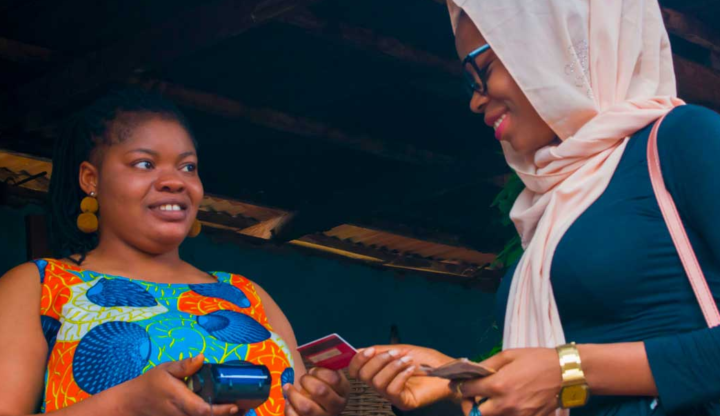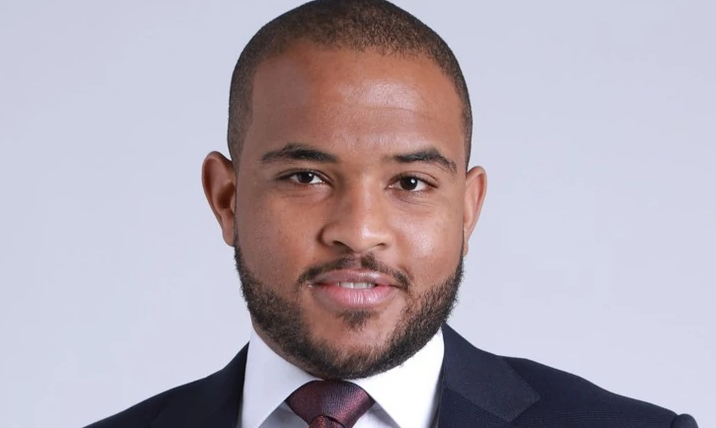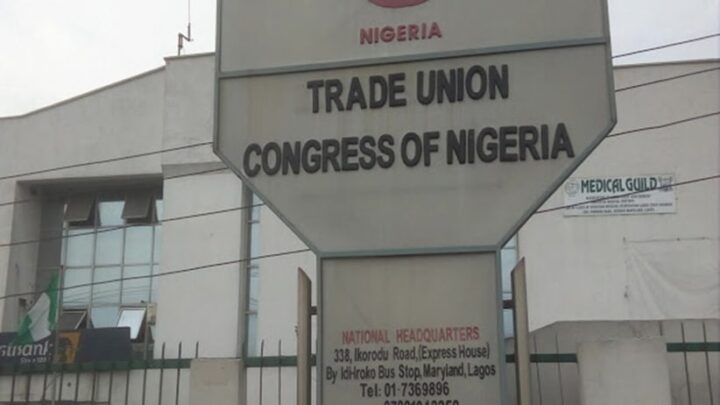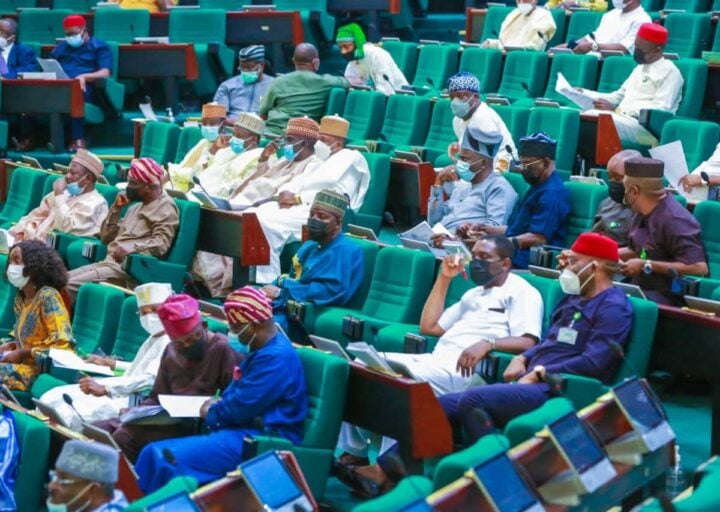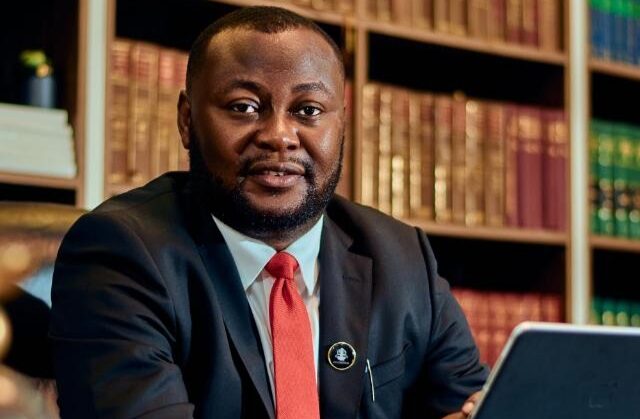The Central Bank of Nigeria (CBN) and other stakeholders have urged financial institutions to consider intensifying digital literacy and collaborations to improve financial inclusion in the country.
They said this on Wednesday at a virtual pre-summit organised by the Nigeria Economic Summit Group (NESG).
Speaking at the meeting, Paul Oluikpe, head, financial inclusion secretariat, CBN, said the challenges of financial inclusion are majorly an issue of illiteracy.
Oluikpe said despite increased digital financial services in 2020, a number of the country’s population is yet to grasp the benefits of the services due to various challenges.
Advertisement
He added that the aim to reach the financially excluded population was possible only if there could be more synergy in carrying out financial initiatives.
“If you see fraud happening today, it must have happened from the point of the user giving the authorisation to start with. So we need a lot of consumer literacy, and consumer education, around the protection of personal credentials and identity because a lot of these laws happen from the user because they are not aware, they are not educated,” he said.
“They do not protect their privacy and protect their credentials. They give them away to people who come back and go into their accounts and clear whatever is there. So that’s what we are seeing. The problems on the vulnerabilities most times are not from the system side.
Advertisement
“The Nigerian payment system is one of the most robust, and we have a whole lot of security mechanisms in place. But there is a very largely financially illiterate populace who are not sophisticated enough to protect their privacy against fraudsters.
“Nevertheless, we need a lot of coordination and structuring in the financial inclusion space in Nigeria. There’s a lot of fragmentation even in the regulatory space as to know what each agency is doing.
“So we need to synergise and be able to harmonise the way we approach it and push up financial inclusion initiatives.”
On her part, Maryam Uwais, spokesperson to the president on social investment, said there are numerous challenges in the financial inclusion space, such as attitudinal change, unemployment, and access to banks, among others.
Advertisement
She said the major key to unlocking more spaces for financial inclusion is to consider education.
She also said that the financially excluded are the northern Nigerians, women and young people, especially in rural areas, adding that a lot needs to be done to bridge the gap.
“Number one priority is education or literacy. The exploitation that goes on is really on the target. The vulnerabilities are at the level of the people that are engaged, It’s not the system.
“If you have people say because they are not literate and then share their PINs, they end up sharing the details that are private. People need more support at the community level, and this is where there’s a lot of exploitation.”
Advertisement
Add a comment
